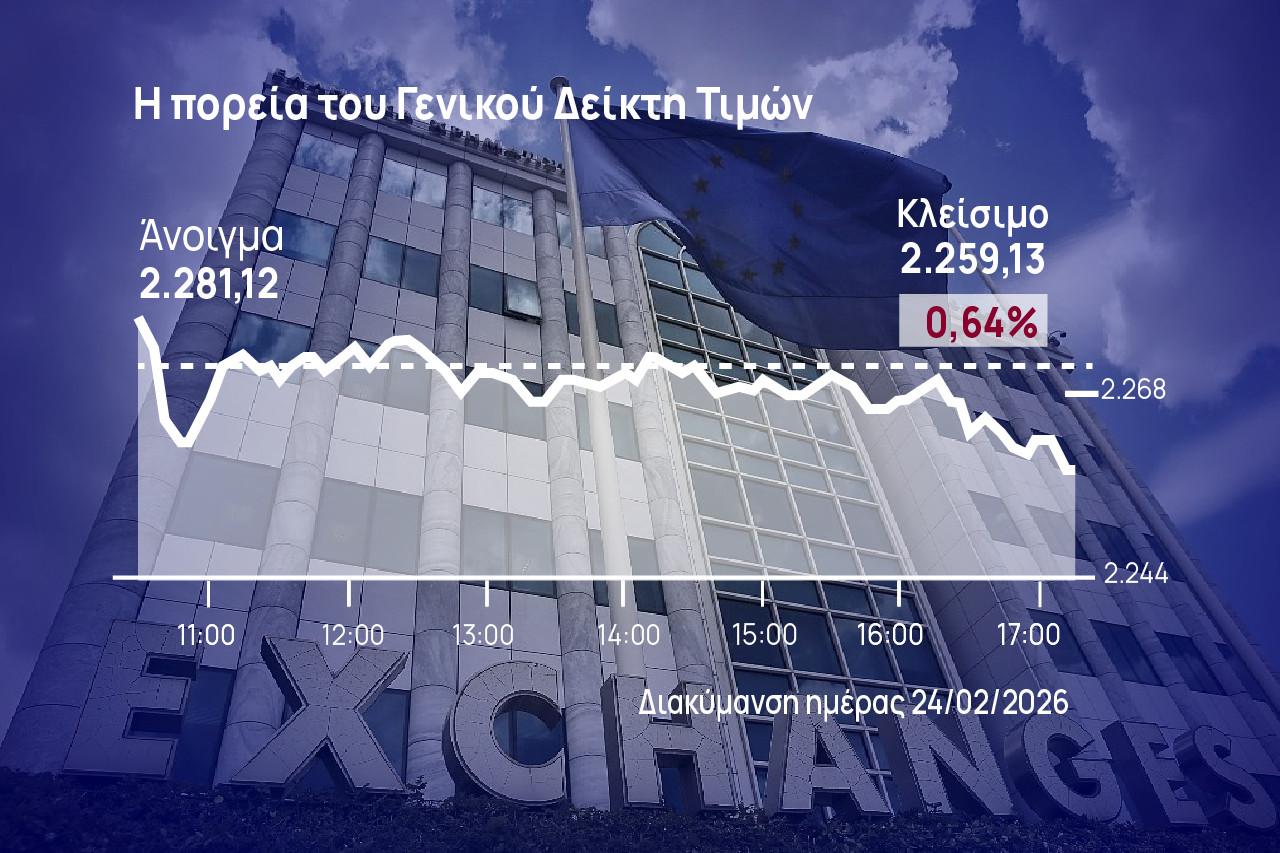he United States is mounting pressure on the European Union to abolish its system of geographical indications, particularly targeting flagship agricultural products like Greece’s feta cheese. The issue has emerged as a flashpoint in ongoing trade negotiations between the two powers over a potential new agreement.
According to the “2025 Special 301 Report” published by the Office of the U.S. Trade Representative (USTR), Washington is pursuing a long-standing campaign against Protected Designations of Origin (PDO), claiming the system undermines American producers’ access to international markets.
Beyond Greek feta, the report also singles out well-known Italian cheeses such as parmesan, gorgonzola, fontina, and asiago. U.S. authorities argue these are generic names used worldwide and should not be restricted under European law.
The EU, for its part, is actively working to preserve and promote the PDO framework through trade agreements with non-EU nations — such as CETA with Canada and the Mercosur bloc (Argentina, Brazil, Paraguay, and Uruguay). Brussels sees geographical indications as a key tool for supporting rural economies and safeguarding culinary heritage.
Feta cheese, recognized by the EU as a PDO product in 2002, is deeply rooted in Greece’s history and geography. By law, only cheese produced in specific Greek regions and made using traditional methods can bear the name “feta.”
“Its name is not generic and cannot be used arbitrarily by other countries,” industry representatives stress, citing the 2022 European Court ruling against Denmark for exporting cheese labeled as “feta” outside the EU.
Yet the USTR report describes the EU’s policy on geographical indications as “deeply troubling,” claiming it threatens U.S. trademarks and limits market access for American products that rely on widely used names like “feta” or “parmesan.”
Furthermore, the report accuses the EU of strongarming its trading partners into accepting these restrictions during bilateral negotiations.
Source: Tovima.com

![e-ΕΦΚΑ: Πώς θα παραμείνουν ασφαλιστικά «καλυμμένοι» οι αγρότες [πίνακας]](https://www.ot.gr/wp-content/uploads/2024/12/ot_agrotis_sitari.png)








































